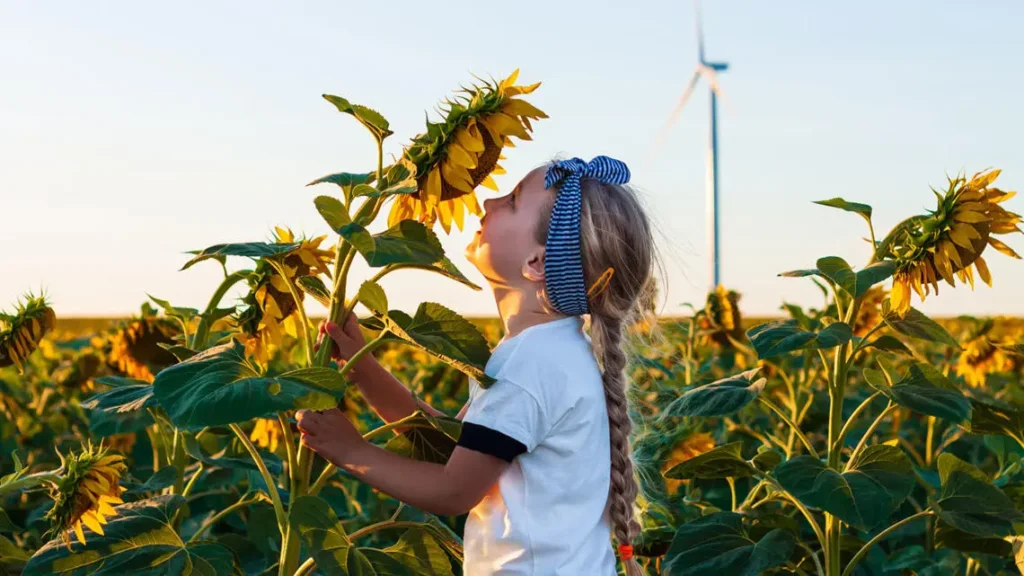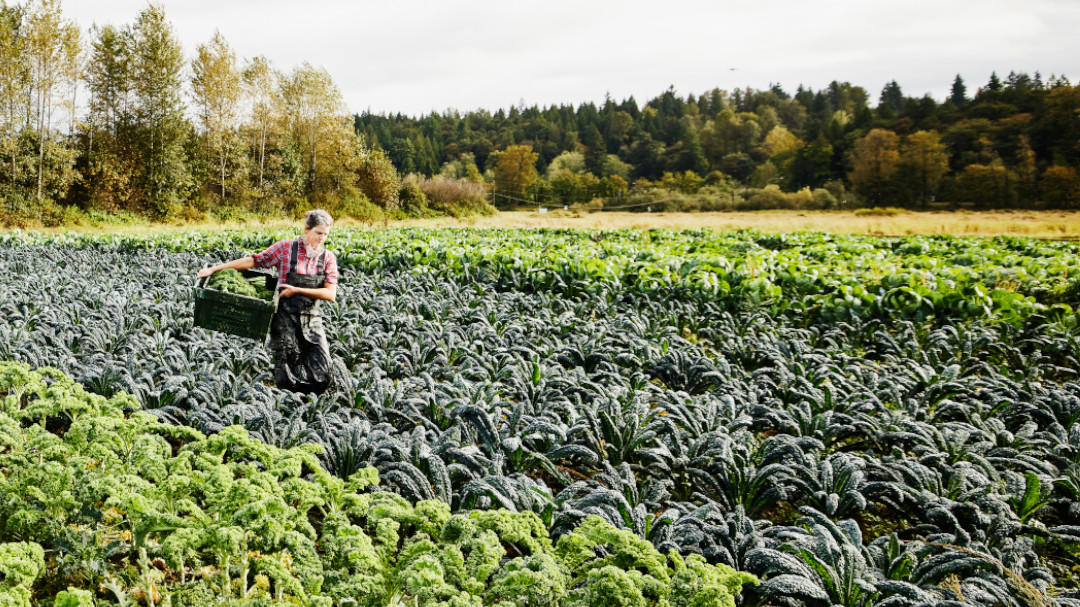Authors
Dana Rakha-Michalon, Manager OP2B
The imperative to transition to resilient and regenerative agricultural models
Amidst the escalating climate crisis and compounding agricultural challenges, a shift in our agricultural systems to work with planetary boundaries is becoming increasingly imperative. Farmers and agriculture value-chain players are feeling the detrimental effects of unsustainable practices. To avert the impending environmental and socio-economic catastrophes, regenerative agriculture emerges as a powerful solution—one that is adaptive, mitigative, and resilient.
The opportunities from regenerative agriculture
Regenerative agriculture has gained momentum as a holistic solution to address climate challenges, reverse biodiversity loss, and enhance soil health. Forward-thinking farmers have been pioneers in adopting regenerative practices on their lands. However, to scale up regenerative agriculture into a solution that drives a significant impact on the environment and help society live within planetary boundaries, we must urgently agree on how to measure and reward the outcomes at both the farm and supply chain levels.
Regenerative agriculture stands out as a nature-based solution with the potential to trigger systemic change throughout agricultural value chains. Regenerative agriculture is a holistic, outcome-based farming approach that generates agricultural products while measurably having net-positive impacts on soil health, biodiversity, climate, water resources and farming livelihoods at the farm and landscape level. It aims to simultaneously promote above- and below-ground carbon sequestration, reduce greenhouse gas (GHG) emissions, protect and enhance biodiversity in and around farms, improve water retention in soil, reduce pesticide risk, improve nutrient-use efficiency, and improve farming livelihoods.
The strong momentum to transition to resilient and regenerative agricultural models
The private sector is increasingly embracing regenerative agriculture for several compelling reasons, the most pressing one being the resilience of their value chains. The agricultural industry is highly dependent on nature for ecosystem services, making it particularly vulnerable to climate change, biodiversity loss, and water scarcity. The private sector recognizes the importance for a holistic approach to regenerative agriculture, one that acknowledges environmental and socio-economic impacts.
Companies and financial institutions are shifting from voluntary to mandatory sustainability reporting and disclosure, which includes ambitious nature-positive strategies. Financial investments in nature-based solutions and regenerative agriculture are on the rise. This influx of financial backing is a lifeline, empowering farmers to make the transition to regenerative agriculture. Currently, the United States and the European Union are fostering incentives for the widespread adoption of regenerative agriculture, encouraging businesses to champion this cause. Within this context, cultivating transparency emerges as a linchpin for securing the necessary financing to propel the transition and empowering farmers by mitigating risks.
Convergence on measurement: the imperative to scale up
To accelerate the scaling of regenerative agriculture, we must converge on an integrated measurement architecture. Today, key challenges must be addressed to accelerate this much-needed alignment, including the lack of consensus on definitions and outcomes, a focus on practices over outcomes, fragmented data collection and reporting, translating global frameworks into local action plans, and a lack of inclusivity of farmers and IPLCs in the process.
As regenerative agriculture gains momentum, the need to establish an aligned method for measuring progress on outcomes grows. This will support more transparency around claims made by businesses to counter greenwashing and unlock investments to finance the transition.
A space to align on regenerative agriculture metrics
To address these challenges, the World Business Council for Sustainable Development (WBCSD) has prioritized strengthening Corporate Performance Accountability Systems for Carbon, Nature, and Equity. In 2023, WBCSD has launched a joint working group with the One Planet Business for Biodiversity (OP2B) coalition, focusing on Regenerative Agriculture Metrics. This collaborative effort involves over 50 members and 27 business-focused partners representing more than 1100 businesses. The goal of this group is to drive industry-wide convergence and align farm, landscape and global level metrics with corporate reporting to influence accounting, reporting and disclosure bodies to develop specific guidance for regenerative agriculture.
The timely opportunity for industry-wide convergence and alignment in the multistakeholder space
Simultaneously, the regenerative agriculture ecosystem is undergoing a profound transformation with partner organizations like the Sustainable Agriculture Initiative Platform (SAI Platform) playing a vital role. Their “Regenerating Together Programme,” recently released and initiated by 33 founding members in the Food and Beverage sector, is an industry-wide, global framework on regenerative agriculture to ensure alignment across environmental outcomes and metrics at the farm level. Similarly, TextileExchange launched their Regenerative Agriculture Outcome Framework this year, aligning and working with their 850+ fashion brands on key indicators that make for a regenerative system, encouraging collaboration with growers.
To ensure a holistic and farmer centric shift, aligning these initiatives with the broader multistakeholder ecosystem through the Regen10 initiative becomes imperative. Regen10 is a multi-stakeholder initiative that brings together representatives from across food systems – from farmers and landscape stewards to corporates – to build a collective understanding of how regenerative approaches can deliver positive outcomes for people, nature and climate. WBCSD is proud to be a founding partner representing the private sector in Regen10. Together, these efforts would ensure an industry shift, setting a transformative stage for regenerative agricultural systems.
Call to action- Collective effort for regenerative agriculture alignment
Regenerative agriculture offers a unique and powerful path forward in the movement to regenerate our planet. Farmers, industry actors, and organizations along the agricultural value chain are recognizing its potential to address climate change, reverse biodiversity loss, and strengthen the livelihoods of farming communities. To realize this potential, the adoption of regenerative agriculture must happen urgently, with a concerted effort to standardize metrics and overcome measurement challenges.
It is time to converge all efforts on how we measure, report and disclose on regenerative agriculture to allow for deeper regeneration. The private sector must align with other stakeholders to safeguard supply chain resilience and transition to agricultural models that operate within planetary boundaries. Join us!
Contact Dana Rakha-Michalon at rakha@wbcsd.org to join this collective effort for alignment.
Outline
Related
Content

Focusing on regenerative agriculture and moving to renewable electricity, Nestlé redoubles efforts to combat climate change
3 December, 2020

What is Regenerative Agriculture?
22 April, 2021

A sustainable food system depends on business working better with farmers
19 August, 2021

